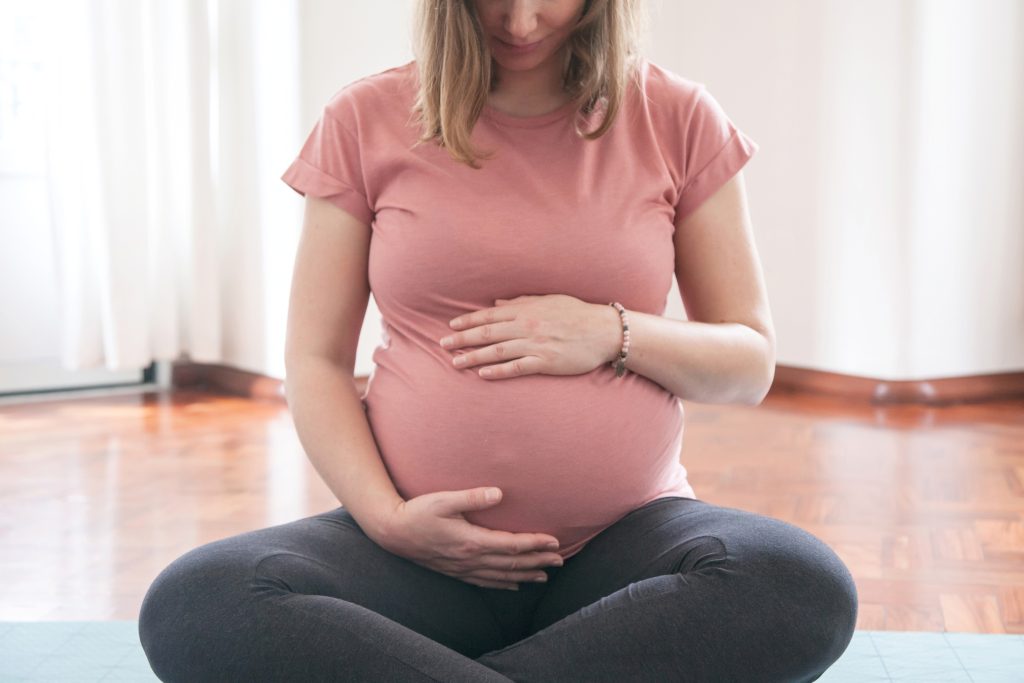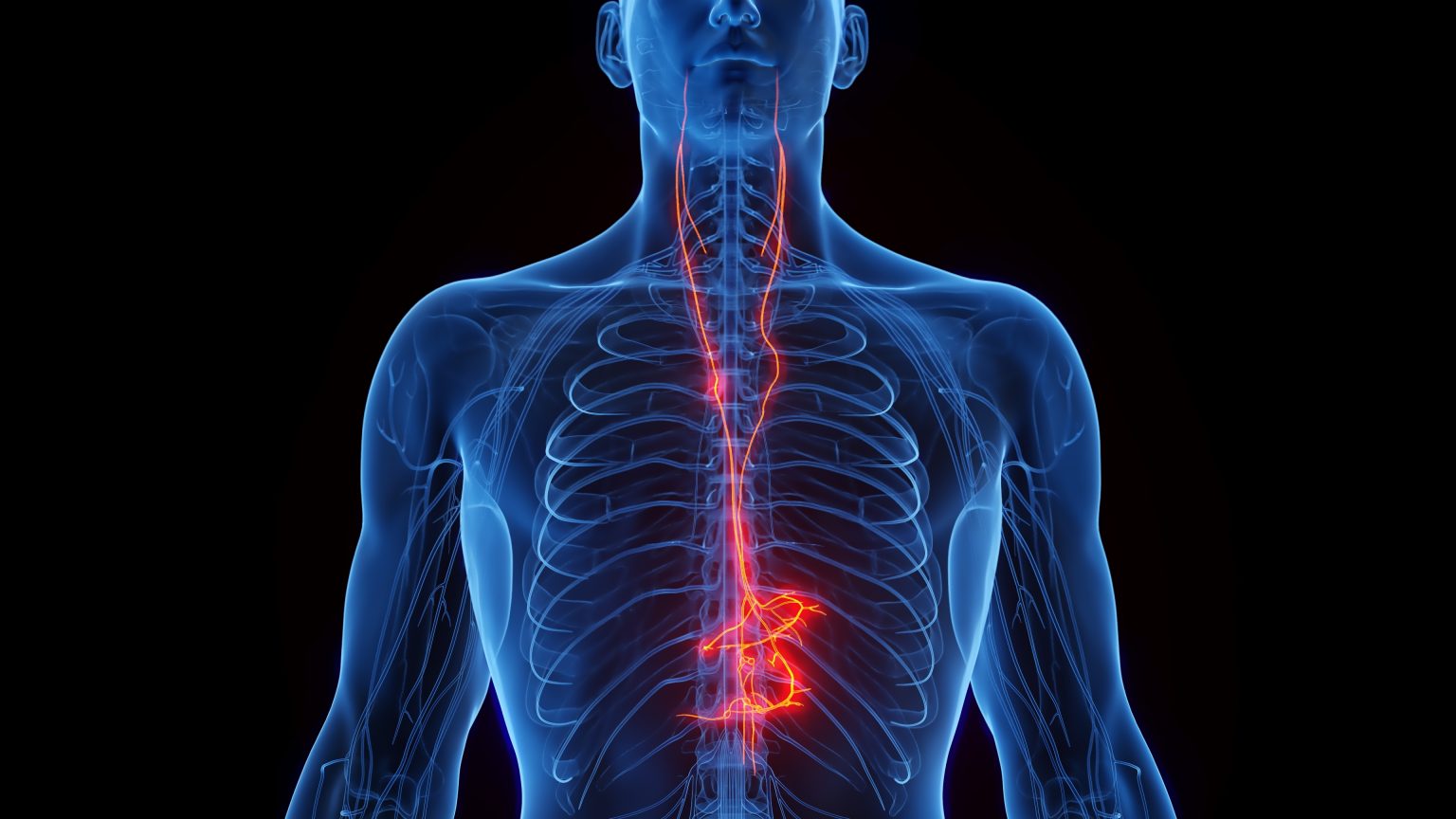Pregnancy and childbirth can bring great joy. For many women, it is a time of great happiness and excitement. It can also be a time of physical and emotional changes.Pregnancy and childbirth can be hard on your body. You may experience pain and discomfort in your back, neck, and pelvic region. You may also have difficulty sleeping and moving around.
Pregnancy, childbirth, and your body
When you are pregnant, your body changes in many ways. You may gain weight, your belly will grow, and your breasts may get bigger. You may also have swollen ankles and feet, stretch marks, and varicose veins.
Pregnancy and childbirth can be hard on your body, especially your muscles. Your muscles stretch, especially those in your abdomen and your pelvic floor. This can cause problems like back pain, abdominal pain, and urinary incontinence. Physiotherapy can help you recover from pregnancy and childbirth.
Also, your ligaments soften. Ligaments connect bone to bone and provide vital support for your joints
To help look after your body during pregnancy, and to recover after childbirthOne of the best ways to help your body recover after pregnancy is to do some simple exercises that will help to strengthen your pelvic floor muscles. These exercises can be easily done at home, and they don’t require any special equipment.
Pelvic floor and abdominal exercises
It is important to do exercises to strengthen your pelvic floor and abdominal muscles while you are pregnant. This will help you recover more quickly after childbirth and will also help to prevent problems such as postpartum depression. It’s also important to continue these exercises after the birth of your baby.
If you’ve had a vaginal birth, you only need to wait 2 days to get started. If you had a caesarean birth, it’s best to wait 5 days (We must stress this is only a guide and before starting any exercises, you must first consult your GP).
If you feel any pain, stop doing the exercises and see a physiotherapist or your midwife for advice
Your pelvic floor
The pelvic floor is a group of muscles that supports the pelvis. These muscles help to control the flow of urine and keep the pelvic organs in place. The pelvic floor muscles can be weakened by childbirth, obesity, and age.
To exercise your pelvic floor muscles:
-
squeeze the muscles all around your front and back passages
-
lift them up and inwards
-
relax for about 5 seconds
-
repeat up to 10 times
You can do them when you wake up, before you go to bed, or any time during the day.
You can do pelvic floor and abdominal exercises on the bus or train, as long as you are sitting down. Just make sure that no one can see what you are doing!
Your abdominal muscles
Doing abdominal exercises every day for at least 6 weeks after the birth of your baby can help you regain your strength. It is important to start slowly and build up the number of repetitions you do each day. You should also try to increase the amount of weight you lift over time. Consult with a physiotherapist or your doctor before starting any exercises.
To perform pelvic tilts:
-
lie, stand or sit with your knees bent and your feet flat
-
gently flatten the curve of your lower back by tilting your pelvis backwards
-
hold for 3 to 5 seconds
-
repeat 5 to 10 times
To perform abdominal bracing:
-
lie, sit or stand
-
gently draw your belly button in towards your spine
-
hold for 5 to 10 seconds
-
repeat 5 to 10 times
Back care
It’s important to look after your back to help prevent any discomfort or pain. You can do this by following these simple tips
– Make sure you have good posture
– Use support when sitting
– Take regular breaks
– Stretch regularly
-
keeping good posture
-
avoiding lifting heavy things
-
working at benches or tables at waist height
-
using chairs with good back support
-
avoiding holding your baby on one hip
Healthy habits after pregnancy
There are many healthy habits you can get into after you have been pregnant. Physiotherapy can be a great way to help ease any pain you may be feeling. You should also make sure to eat healthily and exercise regularly. This will help keep your body strong and avoid any unwanted problems that can go with childbirth.
some of the most important habits to get into include:
-
exercise — walk every day, and do daily pelvic floor and abdominal exercises
-
good bladder habits — drink plenty of fluids; only urinate when your bladder feels full
-
good bowel habits — avoid constipation and straining; eat plenty of high fibre foods, such as fruit and vegetables
Need more advice? Please contact our in-house Physiotherapist Marcin for a FREE consultation.
Article: Phoenix Marketing






